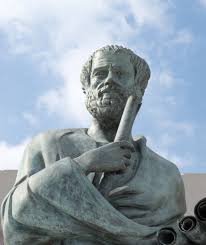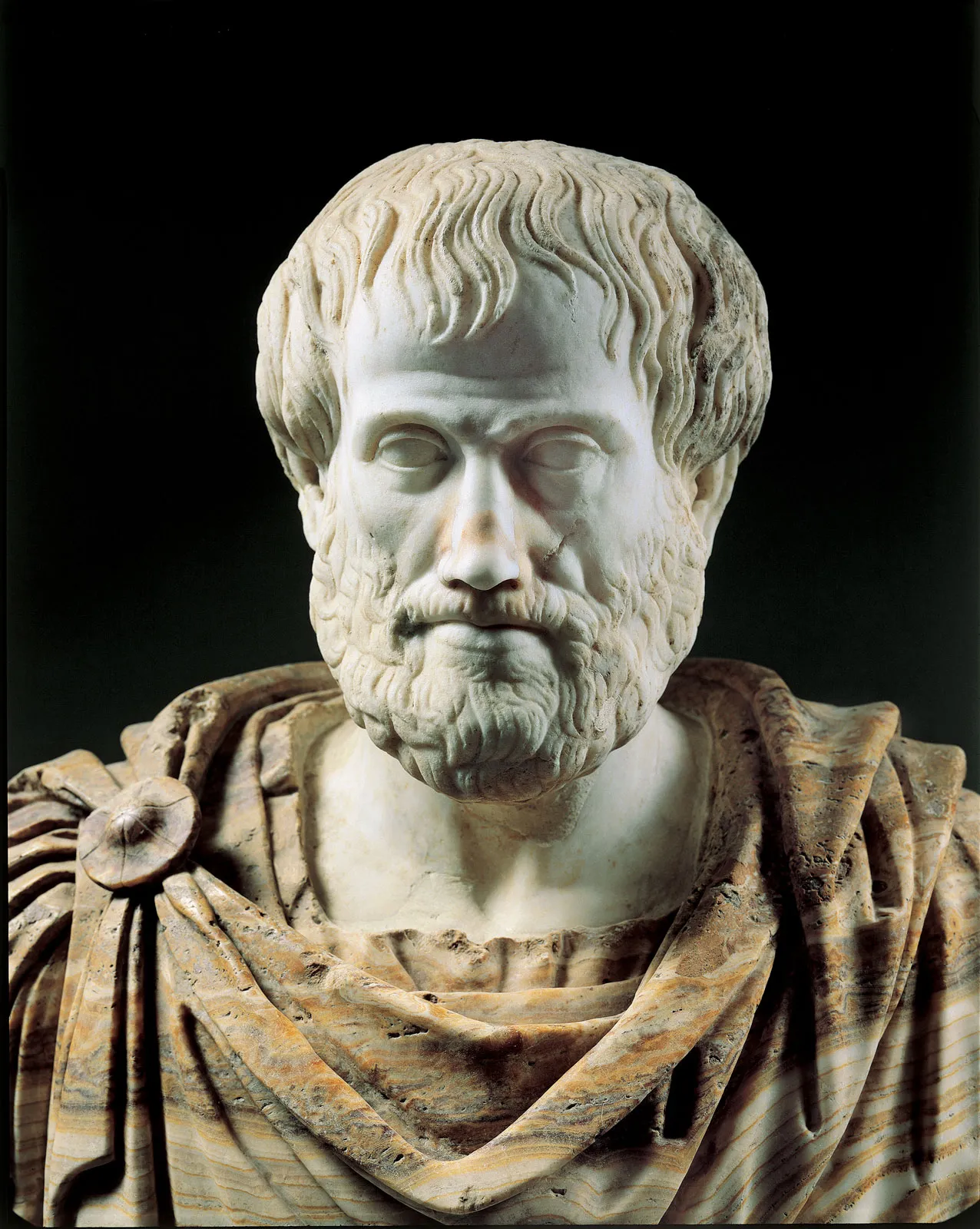Aristotle (384–322 BCE) was one of the greatest thinkers in history — a Greek philosopher, scientist, and polymath whose ideas laid the foundation for modern philosophy, logic, and science. A student of Plato and the teacher of Alexander the Great, Aristotle’s influence spans over two millennia. His vast works on ethics, politics, biology, metaphysics, and logic made him a central figure in the intellectual history of humankind.
Early Life and Education
Aristotle was born in 384 BCE in Stagira, a small town in northern Greece. His father, Nicomachus, was a physician to the King of Macedon, which exposed young Aristotle to scientific observation and medicine from an early age.
At the age of 17, Aristotle moved to Athens to study at Plato’s Academy, the most prestigious center of learning in the ancient world. He studied under Plato for nearly 20 years, absorbing his master’s philosophical ideas while developing his own distinct way of thinking.
After Plato’s death, Aristotle left Athens and spent several years traveling and studying nature before returning to Macedonia, where he became the tutor of Alexander the Great. This relationship would later influence the spread of Greek philosophy and culture throughout Alexander’s vast empire.
Founding of the Lyceum
In 335 BCE, Aristotle returned to Athens and founded his own school — the Lyceum. Unlike Plato’s Academy, Aristotle’s Lyceum emphasized empirical observation and systematic study of the natural world. His method involved collecting data, classifying knowledge, and analyzing evidence, which became the basis of scientific inquiry.

At the Lyceum, Aristotle and his students explored nearly every field of knowledge — from physics, biology, and astronomy to ethics, politics, and logic. Many of his lectures and writings from this period became the cornerstone of Western education for centuries.
Aristotle’s Philosophy
Aristotle’s philosophy was grounded in observation, reason, and experience. Unlike his teacher Plato, who believed in abstract ideals, Aristotle focused on the real world and tangible facts.
1. Logic and Reasoning
Aristotle is often called the Father of Logic. He introduced the concept of syllogism, a method of reasoning where conclusions are drawn from two premises. His logical principles dominated Western thought for more than 2,000 years.
2. Ethics and the “Golden Mean”
In his work “Nicomachean Ethics,” Aristotle proposed that happiness (eudaimonia) is the highest human goal. He believed moral virtue lies in the “Golden Mean” — a balance between extremes. For example, courage is the mean between recklessness and cowardice.
3. Politics and Society
In “Politics,” Aristotle studied different forms of government and concluded that the best system is one ruled by law and guided by virtue. He believed that humans are “political animals” who find purpose in community life.
4. Metaphysics and the Study of Existence
Aristotle explored the nature of reality, existence, and change in his book “Metaphysics.” He introduced the concept of “substance” and the idea that everything has a purpose or final cause (teleology).
5. Science and Biology
Aristotle made detailed observations of plants and animals, classifying more than 500 species. Though some of his scientific conclusions were later revised, his approach marked the birth of systematic biology.
Aristotle’s Influence on Western Civilization
Aristotle’s writings were preserved by Arab scholars during the Middle Ages and reintroduced to Europe through translations. His works became central to medieval education, influencing Christian philosophers like Thomas Aquinas.
During the Renaissance and Enlightenment, Aristotle’s ideas continued to inspire scientists, philosophers, and political thinkers. His method of logical reasoning laid the foundation for modern science, while his ethical and political ideas shaped democratic and moral thought.
Death and Legacy
After the death of Alexander the Great in 323 BCE, anti-Macedonian sentiment grew in Athens, forcing Aristotle to flee to Chalcis, where he died a year later in 322 BCE.
Despite his passing, his legacy endured. Aristotle’s comprehensive system of thought became the intellectual backbone of Western philosophy. His belief that knowledge comes from observation and logic continues to guide modern science and philosophy.
Why Aristotle Is Called a Polymath
A polymath is someone with expertise in multiple fields — and Aristotle perfectly embodied this. His works covered:
- Philosophy and Ethics
- Logic and Metaphysics
- Politics and Sociology
- Biology, Physics, and Astronomy
- Art, Poetry, and Rhetoric
Few thinkers in history have matched Aristotle’s range of knowledge or lasting influence.
Aristotle, the Greek philosopher and polymath, was not only a student of Plato and a teacher of Alexander the Great but also the architect of human knowledge. His pursuit of truth through reason, observation, and logic transformed how the world understands science, morality, and politics. Even after more than two thousand years, Aristotle’s wisdom continues to enlighten minds and guide modern thought.
Maharana Pratap: The Fearless Rajput Warrior
![]()





